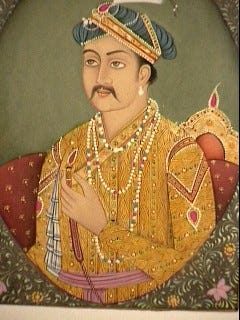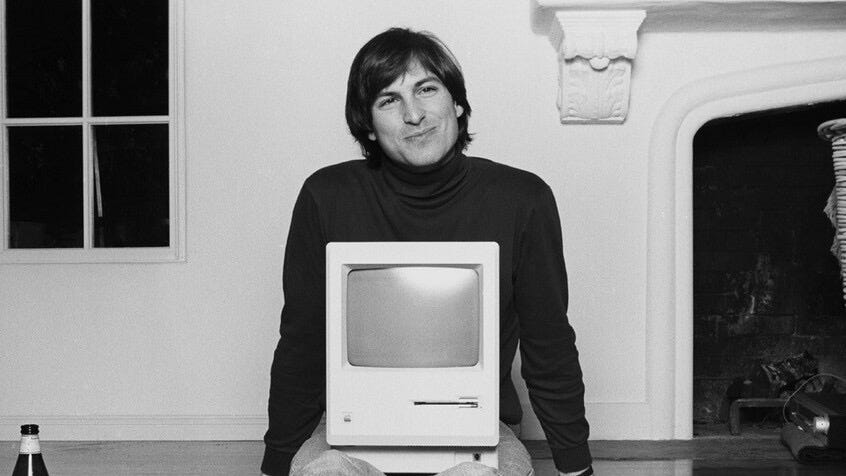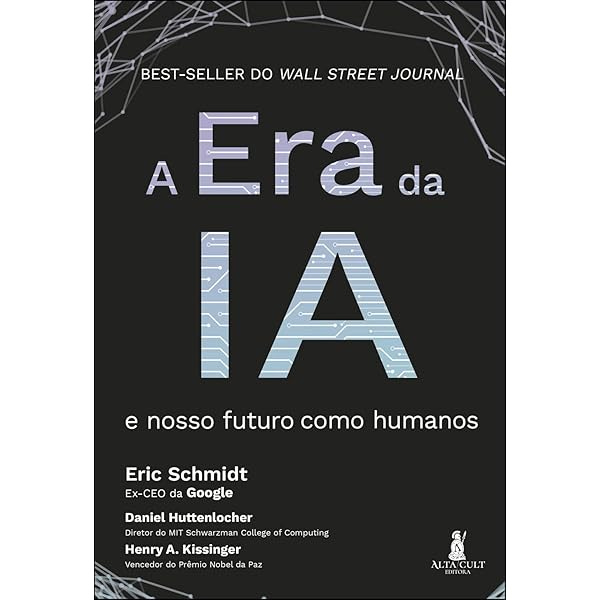Sit and contemplate
Future of humanity's identity
The Western world began to reflect and draw conclusions about its surroundings starting in the 17th century —although we must be aware of our Western bias. It’s well known that, long before the European Enlightenment (which shaped much of the modern world), places like India, the Middle East, and China had ideas that were ahead of their time. For example, in India, Emperor Akbar (1542–1605) promoted religious tolerance, while in Europe the Inquisition was still being practiced— alongside figures like Galileo, Newton, and Descartes, who were developing a (scientific) method to explain the material world.
They realized that the place we lived in was a planet called Earth, orbiting a giant star called the Sun, through a force known as gravity, and that everything could be explained through calculation (math). Magical and religious explanations that had dominated until then were gradually left behind. Reason became the source of truth.
Since then, human beings took on the role of transforming the material world, because through understanding it, we gained the ability to create tools (the printing press, railways, technology), which led to the progress and development that brought us to where we are today.
Our reason for being —our life’s purpose— became dedicating our time to creating something (the internet, cars, airplanes, personal computers, iPhones, etc.) that would positively impact people’s lives. Life on Earth became more efficient, more comfortable.
However, I wonder if that chapter is about to end. Could it be that humans will no longer need to analyze the world around us in order to understand it —and improve it, if applicable?
This question came to me after reading The Age of AI (Portuguese version: A Era da IA) written by Eric Schmidt, former CEO of Google, Daniel Huttenlocher, and Henry A. Kissinger, as well as Infinite Powers by mathematician Steven Strogatz.
In short, what these books discuss (mainly The Age of AI—the other only touches on it at the end) is that recent technological advances in generative AI (GAI) and machine learning imply a major (perhaps radical?) shift in humanity’s role as a knowledge generator. For the first time, we now have a tool capable of producing conclusions (insights) on its own.
Before, the AI we had would produce results based on the inputs you gave it. In other words, it couldn’t generate an “intelligent” response out of nowhere. It needed to be fed A and B to produce AB.
But everything changed in 2017 with GAI, AlphaZero, created by Google scientists, which marked the beginning of a tool capable of generating answers through its own reasoning, learning, and conclusions. It showed that it could produce insights. (This was demonstrated in a chess game, where it developed a winning strategy that no human player had ever used before.)
This poses an existential question for humanity —not because we believe this technology will wipe us out, like in the movies (or maybe it will, in a subtle way we don’t consciously notice), but because if we already have a tool that can generate knowledge on its own (how to cure cancer, create the next vaccine to prevent the next pandemic, explore and colonize Mars, and much more), what will our role in life be? Will we just observe GAI’s behavior and how its outcomes reshape our lives (for better or worse)?
As Steven Strogatz said, we may witness the creation of something new —perhaps a great discovery, a new mathematical formula, who knows— but we’ll be left confused about how the AI arrived at that result. We’ll simply be spectators.
I’ve heard some people say this could actually be a good thing —imagining a world where humans just enjoy life in a more contemplative way, with lots of leisure time.
When I hear that, I picture myself in a nice, small house with a garden, simply focused on caring for my plants and flowers, spending time with my family, reading books and listening to music, exercising from time to time —without worrying about going to work or solving the big problems outside, because some advanced technology will take care of that.
Is that what we truly want as humanity? If that’s something good and desirable, will everyone be able to access it? Or, like today, will only those with enough resources be able to enjoy that life? Or maybe AI will eliminate poverty and inequality, and we’ll live in a kind of communist utopia?
So many questions come to mind...
What do you think?





